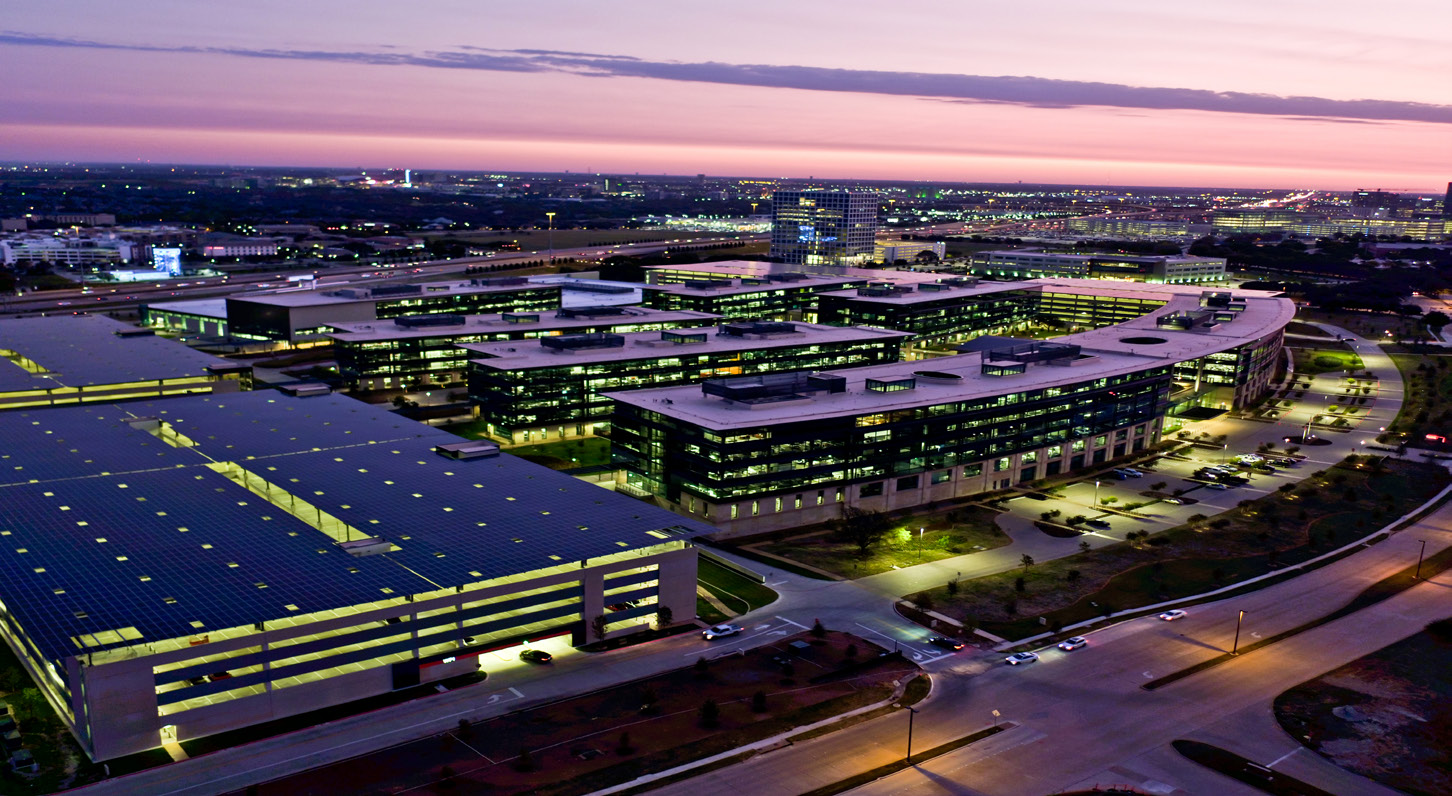CEBA Member Highlight: Toyota Motor North America

Toyota joins CEBA community to support its ambitious 2050 Environmental Challenge.
Image credit: Toyota North American Environmental Report
What prompted your organization to join the CEBA community?
Toyota Motor North America joined the CEBA community to gain insights in market trends and learn best practices in renewable energy procurement. Through our membership, we hope to get closer to achieving the global Toyota Environmental Challenge 2050 to have a net positive impact on society and the planet by 2050. The challenge consists of six goals that address climate change, water scarcity, resource depletion and species loss. Specifically, Challenge 3 calls for us to achieve zero carbon emissions at all of our manufacturing plants. We are committed to reducing emissions from the energy used to manufacture our vehicles by executing power purchase agreements. In this way, we supply emissions free renewable energy to the grid and pave the way to cleaner mobility.
What is your biggest challenge when it comes to renewable energy procurement?
The biggest challenge for us has been regulation that impedes renewable energy. We have had the opportunity to engage in advocacy efforts encouraging renewables and have been successful. As a company, we believe that is our responsibility to support the transition to a clean economy in the auto manufacturing sector of which a majority is located in carbon intensive grid areas.
What does the future of renewables look like for your organization?
In the coming years, we will be executing renewable energy deals that deliver long term value to Toyota and the communities where we operate. In selecting deals, we prioritize projects in states that have large concentrations of Toyota employees, are located in areas with high poverty rates and/or high coal mine job loss, use diverse suppliers, generate local jobs and provide funding the benefits the community. We are considering how to maximize positive impact in our procurement process by incorporating additional criteria such as avoided emissions, land use, wildlife, solar materials management and air quality impacts identified in the whitepaper “More than a Megawatt” created by Salesforce, CEBA and other experts. Toyota believes that having a holistic evaluation process is a critical step for the renewable energy community to ensure that the clean energy transition truly has a positive impact on the world.
What is the most interesting renewables project you worked on during your time with the organization?
The most interesting renewables project we have implemented is our tri-generation direct fuel cell power plant at our logistics facility in the Port of Long Beach, California that will use biogas from dairy farms to produce 100% renewable hydrogen. The power plant will supply hydrogen to zero emissions fuel cell trucks and Mirai vehicles, generate renewable electricity to power Toyota’s onsite logisitics operations and generate water to supplement municipal water for the onsite carwash. The site will be the first Toyota location to be 100% renewable from onsite generation. It will be a negative emissions project in that it captures methane from dairy farms and uses it to make power and fuel. The project has several positive impacts including reducing greenhouse gas emissions, supporting the transition to zero emissions mobility in California and addressing environmental justice issues. Disadvantaged communities in Long Beach experience some of the worst air quality in the US.
Envision a future where every organization has a path to renewable energy – what is the next step towards a zero-carbon energy future?
The next steps towards a zero-carbon energy future is procuring renewable natural gas and other forms of renewable thermal energy. We are pursuing opportunities to execute pilot projects in our operations. We also need a tremendous amount of technology development to occur that considers the carbon footprint in the entire value chain of our products. Only by implementing breakthrough technologies will we be able to decarbonize our operations and entire value chain.
Get Involved
CEBA’s Innovations team supports members like Toyota to address market and regulatory barriers to procurement. Learn more.
